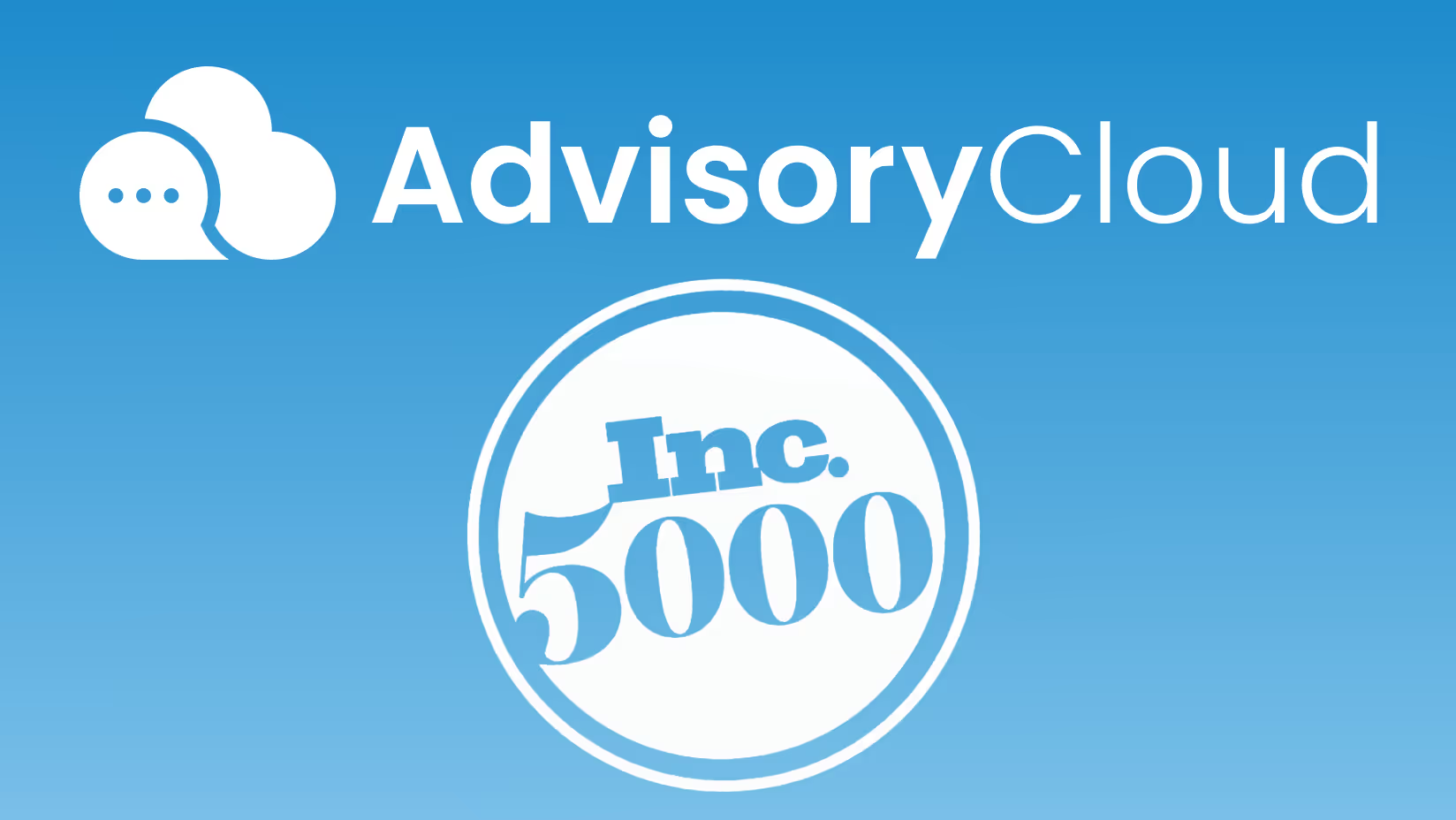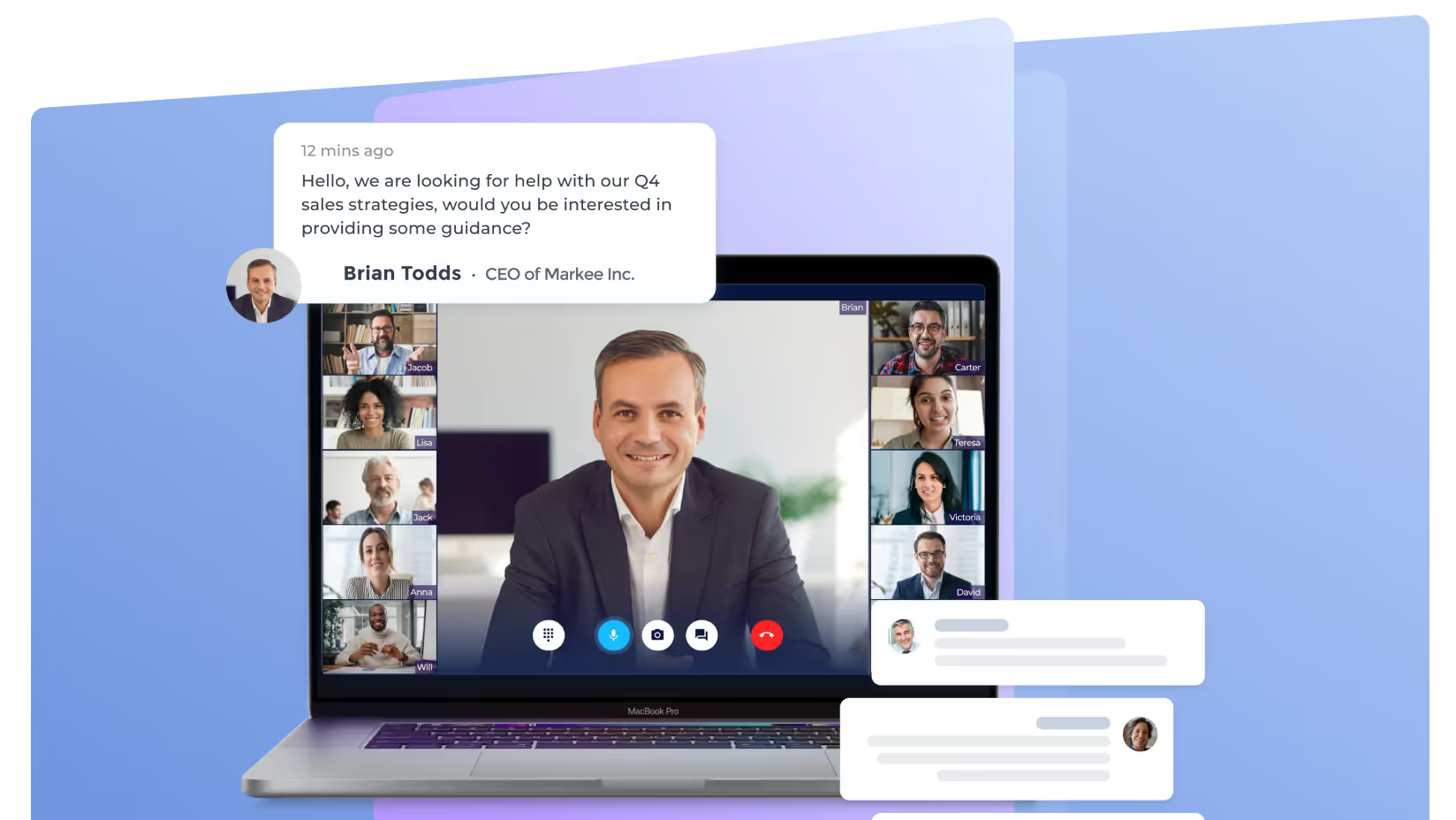December 20, 2022

Digital transformation and artificial intelligence have changed the way we do business, ultimately changing the way we work. Professionals have spent the last few years modernizing their workflows and adapting to a changing market, all the while developing career agility that will help them thrive during new changes still yet to come.
The notion of what a career looks like has evolved considerably, transforming from a linear path to a much more fluid, multidimensional course. Career agility is especially important as people are no longer expected to keep the same job throughout their working life. According to a report by the US Bureau of Labor Statistics, the average person will hold about 12 jobs throughout their lifetime, whether that’s through an advancement at their current company, a change in employer, or transition to a new vertical.
But if you simply go through the motions of each transition without much planning or forethought, you might find yourself moving laterally, not up. Instead, make the most of every transition period in your career and use it as a step toward your end goal - whether that’s earning a C-suite title, running your own business, or retiring early.
The people who find the most success throughout the course of their career are those who can adapt quickly, and they do this by prioritizing professional development and the exploration of new opportunities.
Here’s a few easy ways you can start prioritizing your own career agility.
Continuous Learning
Business trends come and go, and staying up to date will ensure you’re not missing out on something that could be of value in your current position, to your clients, or even future opportunities. Take the time to monitor trends, learn how to use new software platforms, and study up on new technologies.
You never know when or if you might unexpectedly be laid off or need a new job, and if you’ve been ignoring the latest trends you might seem out-of-date to potential recruiters or employers. Give yourself a competitive edge by broadening your knowledge.
Expand Your Network
Networking plays a critical role in business – from landing a job to securing strategic or financial partnerships. No matter where you are in your career, the people within your circle could be the key to opening new opportunities.
Reconnect with colleagues you haven’t talked to in a while or join special interest groups online to introduce yourself to people from various industries or fields. Also consider attending trades shows or joining a professional networking platform to expose yourself to people you may never cross paths with otherwise.
Having an established network could be the catalyst to securing a new investment, starting your own business or simply lead you to unexpected opportunities. And although you may not reach out to your network frequently, it’s important to build strong relationships that may help you in the future.
Say Yes to Remote Opportunities
Make a point to say yes when presented with new professional opportunities, especially remote work. This gives you access to companies and people around the world, not just those within close proximity to where you live. There may come a time when you want to relocate to a new area, and this can help get your foot in the door.
Advisory work is a great example of work where meetings take place virtually, either over the phone, video conferences, or email. Look for advisory work that hires on a per-hour or per-project basis, giving you control of the days and times that best suit your schedule.
Optimize Your Personal Brand
Ask yourself, “What unique value can I bring to the table?” Uncover your distinguishing characteristics and figure out what makes you different from other professionals. Then, learn to market yourself for the opportunities you want. What would your personal elevator pitch be?
Package your portfolio of achievements in an easily digestible way. Creating a professional website is a great way to list out your resume, plus gives you an outlet to showcase additional accomplishments, past projects, creative assets, and published articles.
Don’t forget about your social media profiles. LinkedIn, Twitter, and other social platforms have changed the way people communicate around the world and blurred the lines between personal and business. Find a balance between business-related content and something a little more personal to humanize both your company and personal brand.
Create a Series of Side Projects
Pursue side gigs, freelance assignments, and advisory work in parallel to your current job. This will help create pathways not only for extra income, but also give you valuable fodder to add to your resume.
Think of your work as evolving job roles that help build on your incremental knowledge. Each side project will be new and exciting, helping you to maintain enthusiasm for your work. Build new competencies, set personal goals you want to accomplish, and round out your list of expertises.
As the business world evolves, we will continue to see a greater shift in what a career is - and what it can be. Navigating a successful career doesn’t mean you have to start from scratch at each new path. Advisory work is a great way to gain experience in different industries or regions, build connections, and develop leadership skills that will make you more adaptable when the time comes.
See what boards you match with.
See what you qualify for with our 2-minute assessment.


Similar Articles

August 20, 2025
Why employee development should be priority 1 for every CEO
August 20, 2025
Why Every Startup Should Have an Advisory Board
August 20, 2025
What role does a lawyer serve on an advisory board?
August 20, 2025
What every COO needs to do in their first 100 days.
August 20, 2025
Top 5 Business Advantages for Using Advisors
August 20, 2025
How to run an effective advisory board meeting
August 20, 2025
How to Become a Board Member
August 20, 2025
Five Steps to Finding a Board of Directors Role
August 20, 2025
Do You Want to Become a Professional Startup Advisor?
August 20, 2025
Building a Startup Advisory Board
August 20, 2025
AdvisoryCloud Named to 2019 Inc. 5000
August 20, 2025
Advisor vs. Consultant: Who drives the most business growth?
August 20, 2025
6 Advantages of Having a Small Business Advisory Board







